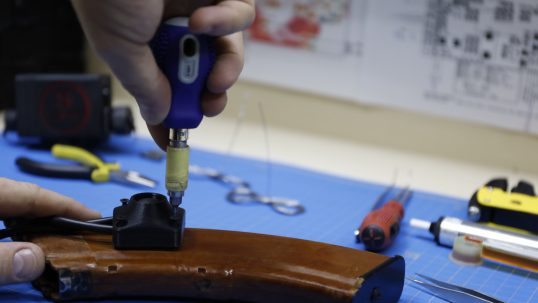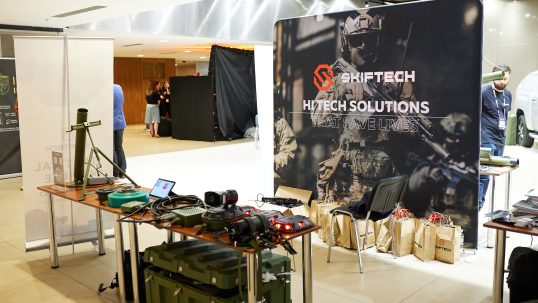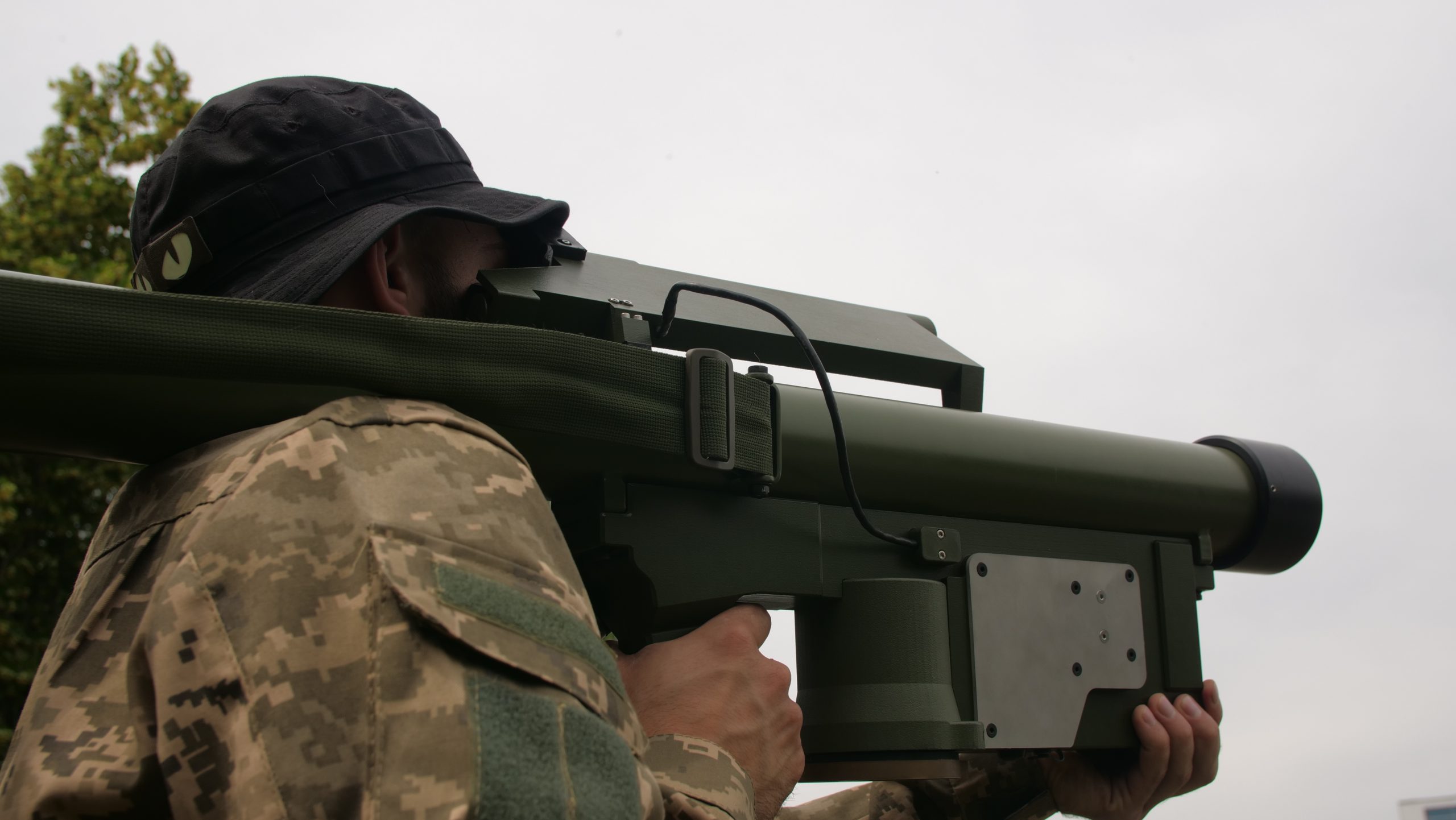
Tactical simulators are becoming an increasingly important tool in military training. They not only develop technical skills but also play a significant role in the psychological preparation of soldiers. In this article, we will examine several key aspects of the impact of SKIFTECH simulators on the psychological training of military personnel.
Realism
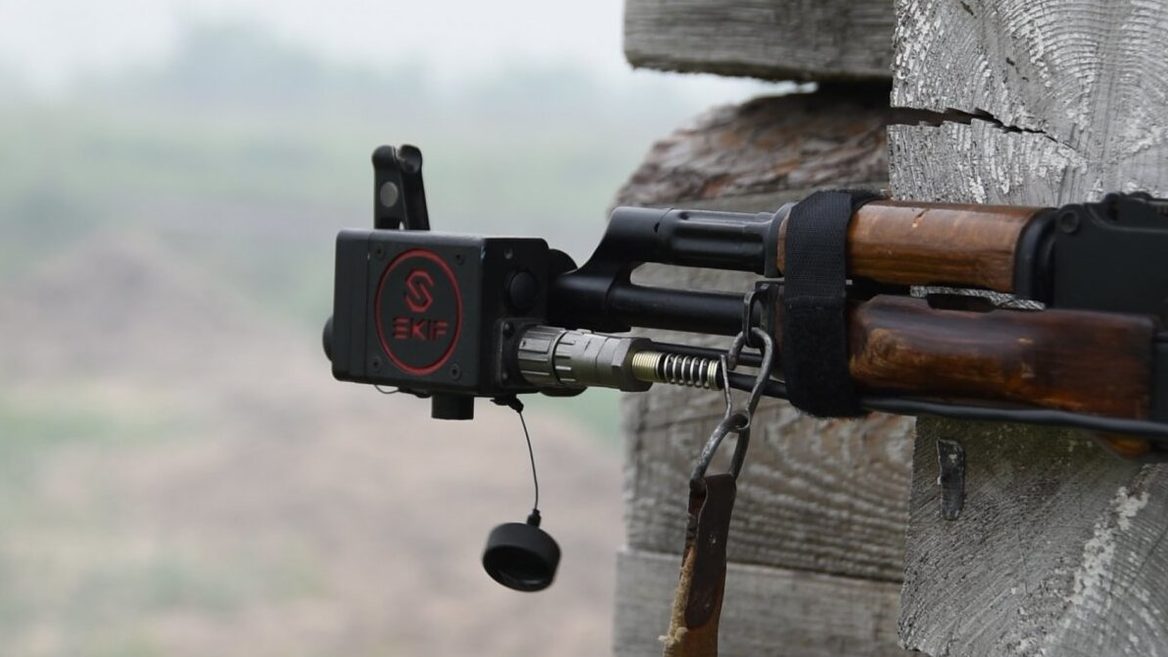
SKIFTECH tactical simulators replicate the tactical and technical characteristics of real weapons or are used with actual weapons or equipment. This allows for the creation of a realistic environment where military personnel can train in performing various tasks and maneuvers without risking their lives. This environment helps soldiers become accustomed to stressful situations, which reduces anxiety levels, increases psychological resilience, and allows them to focus on decision-making and its consequences without fear for their lives. Simulators also enable the practice of responses to various threats and dangerous situations, building confidence in their actions.
Using SKIFTECH simulators fosters emotional resilience to stressful situations and allows for the practice of reactions and the correct sequence of actions according to combat guidelines and military regulations.
Scenarios
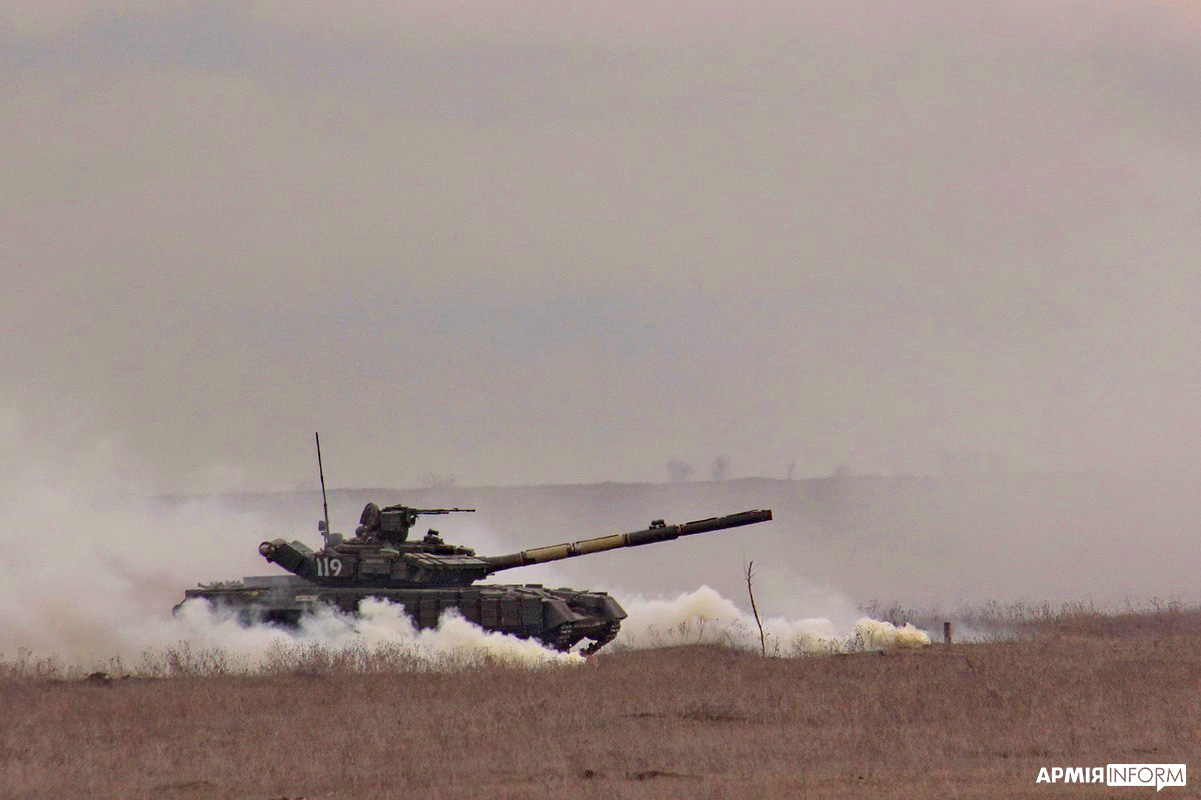
SKIFTECH simulators are used to simulate various types of combat missions, from patrolling and reconnaissance to attack and defense. The realism and relevance of the training scenarios to real combat mission examples allow military personnel to understand their strengths and weaknesses. This allows them to work on improving their skills and feel more confident in their capabilities during real combat operations.
Training scenarios help military personnel become accustomed to stressful conditions that are as close to real as possible, which reduces anxiety and fear of the unknown. Realistic scenarios require soldiers to make quick and well-founded decisions in uncertain conditions. This promotes the development of critical thinking skills and situational analysis under pressure, which is extremely important in combat conditions.
Research and feedback on psychological aspects of training
Various studies confirm the effectiveness of tactical simulators in preparing military personnel for stressful situations. For example, a study conducted in the USA showed that soldiers who regularly trained using simulators demonstrated higher levels of psychological resilience and were less prone to post-traumatic stress disorder (PTSD).
Feedback from military personnel who have undergone training with tactical simulators also confirms their effectiveness. Many soldiers note that simulators help them better prepare for real combat conditions, reduce anxiety levels, and increase confidence in their actions. They also emphasize that such training helps develop the ability to make quick decisions in stressful situations, which is a critical factor in combat conditions.
Tactical simulators have a significant impact on the psychological preparation of military personnel. They provide the opportunity to practice skills in a safe, controlled environment, which helps reduce stress levels and increase psychological resilience. Through realistic scenarios, stress tests, team training, and the use of virtual reality, simulators help prepare military personnel for real combat conditions. Research and feedback confirm the effectiveness of such training, making simulators an indispensable tool in military training.
